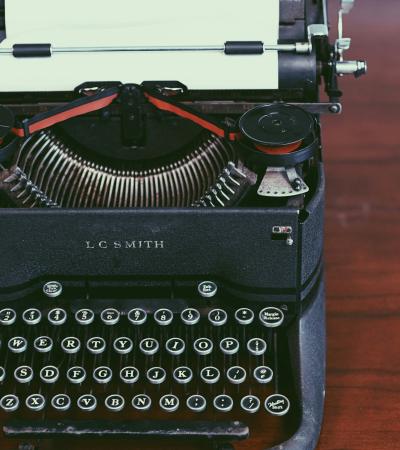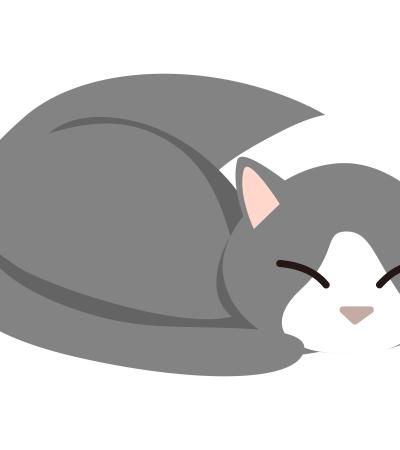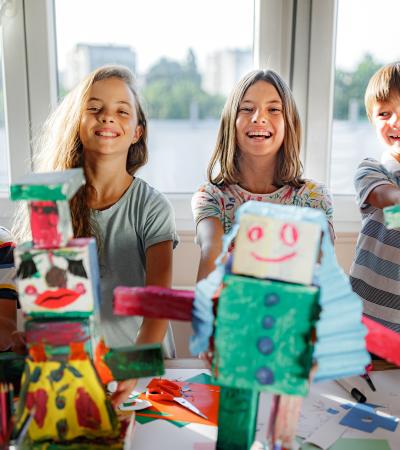Ask most boys today if they want to play with paper dolls and you might get a scrunched-up face in response, but paper dolls haven't always been seen as such a gendered activity. In fact, paper dolls have existed since paper was invented and come from many different cultures around the world.
With this history in mind, the LP Fisher Public Library in Woodstock, New Brunswick, decided to turn paper-doll-making into an afterschool program for everyone.
A brief history
Our paper dolls were modeled after the traditional jointed paper dolls from 18th-century France called "pantins." They were made for adults and often used to satirize nobility. Hand-painted paper dolls with clothes were also made for wealthy adults to show the latest fashions. It wasn't until the 19th century that the dolls were mass-manufactured by large companies and marketed toward girls and young women.
Paper monsters
We got the idea to make our paper dolls into monsters from Katrina Rodabaugh's fun book, "The Paper Playhouse: Awesome Art Projects for Kids Using Paper, Boxes and Books." (Although ours, admittedly, are much scarier than her well-dressed bunny monster.)
Crafting literacy
Designed as a drop-in after-school program that was part of our Crafternoon series, we hoped to enhance the literacy skills of school-aged patrons by offering them some free crafting and storytelling fun.
First, we brainstormed what sort of creatures we might like to make. We then took some cardstock and drew our outlines, remembering to make our limbs big enough to accommodate the brads that would hold everything together. Then we cut them out, colored and decorated them, and made clothes and accessories.
The best part was acting out stories afterwards and playing with our new friends. This activity touched on multiple literacies including physical (gross and fine motor skills), aural and oral (storytelling), cultural and historical, and of course, emotional (as we made social connections).
There was not a single complaint or scrunched-up face from any of the boys in the group — and it was predominantly male — as they were much, much too busy having fun.



